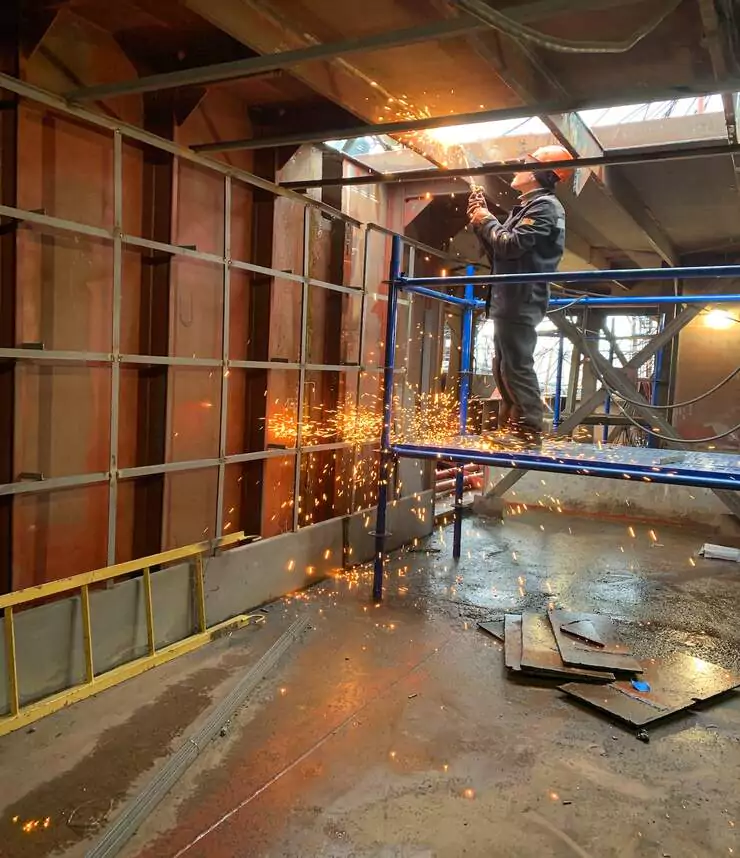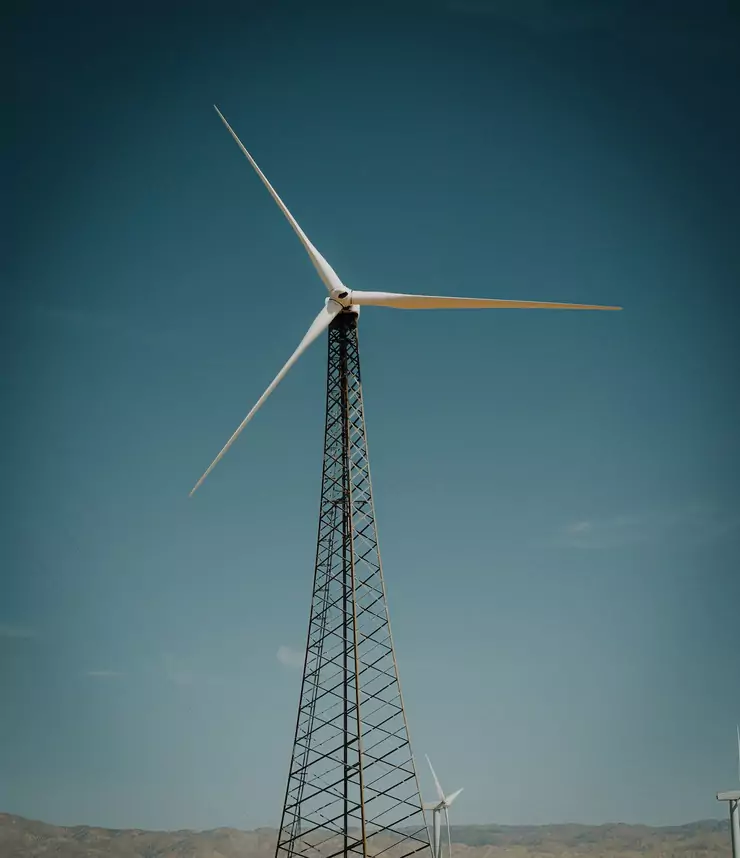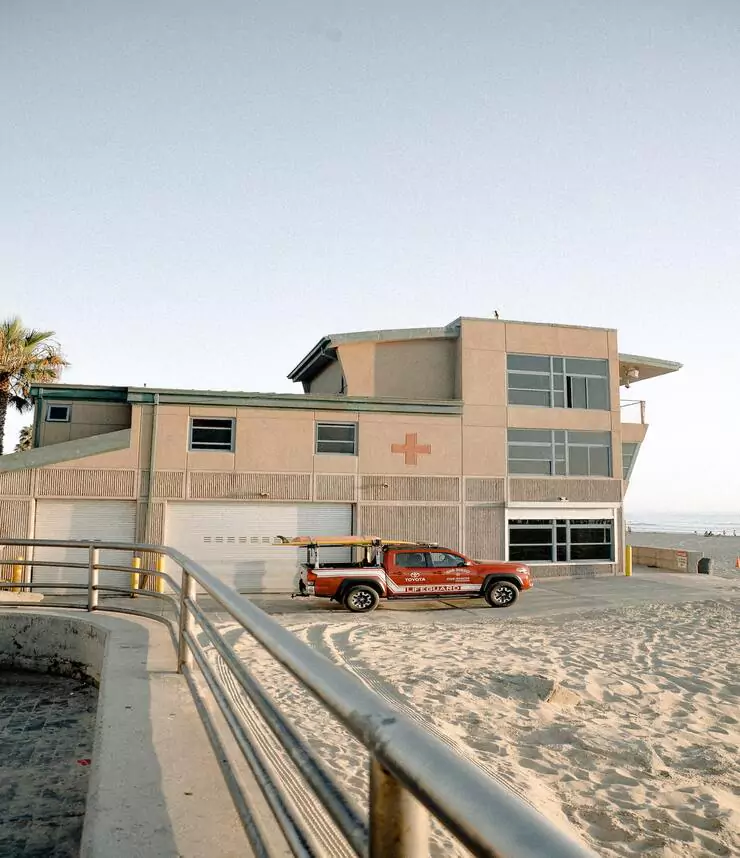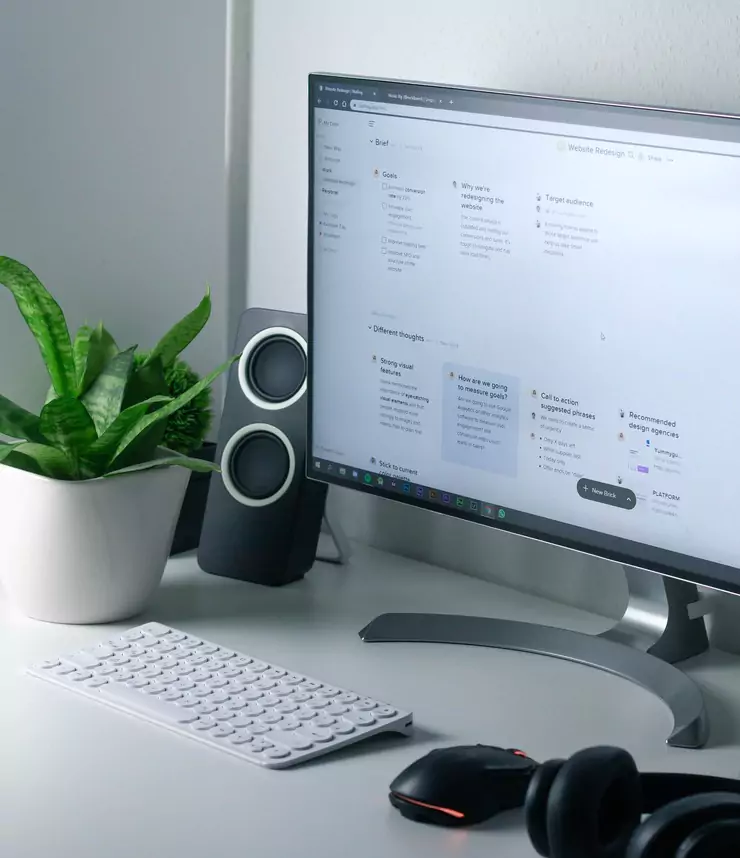Get Support
+91 9123517774
Project (1)
Automaker Improves CX with Chatbots
The Challenge
A large automobile manufacturer has big plans to drive digital transformation globally over the next 5 years. Its goal is to provide a seamless, personalized omnichannel experience to increase customer satisfaction and loyalty. This included creating a best-in-class Chatbot assistant to guide customers throughout their journey. It involved researching the types of vehicles that would suit their needs as well as moving them through the purchasing process and beyond.

This framework includes the following key elements:
Our Approach
The Consumer Goods Technology team started by looking at the automobile manufacturer’s 2025 digital transformation goals, and then devised a roadmap with specific details on what it would take to create these capabilities and successfully roll them out to multiple countries globally.
We applied our six-dimensional framework to provide a strong backbone for executing this end-to-end omnichannel solution.
Leaf Business Consulting Services
Leveraging conversational AI to Adapt, Modernize and scale
Our team partnered with the client to make further enhancements and provide additional use cases to the chat experience to support and guide customers throughout the car purchase process. Capabilities were implemented, piloted and tested in one country, and then the refined conversational agent went into live production. Next is the rollout to 16 additional countries in 13 different languages.
Leaf Business Consulting Services
At a Glance
Seeking to amplify digital customer engagement in Europe, our client asked to take over development of its conversational AI platform. Our solution resulted in
Outcomes
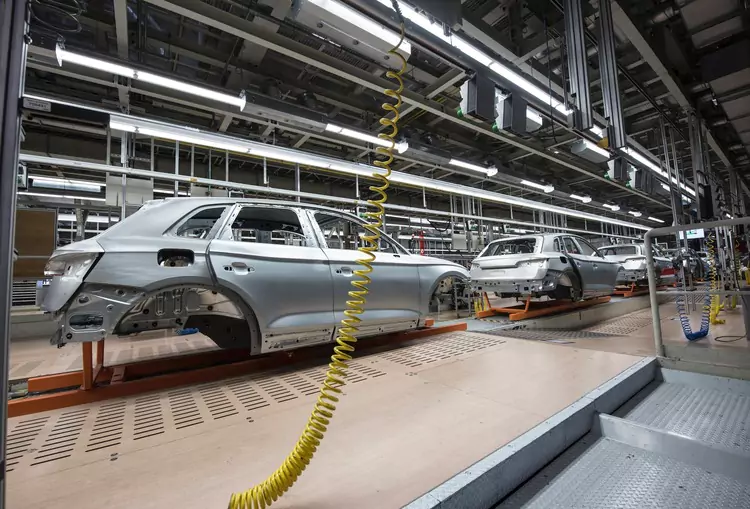
Project (2)
In –depth application assessment facilitates cloud transformation for leading OEM
We applies its economic Application Portfolio Management (eAPM) solution to evaluate the cloud readiness of over 5,000 applications at the BMW Group and provide detailed recommendations for the transformation journey
Client Challenge
The BMW Group wanted to analyze the value and benefits of the cloud migration of its diverse application landscape in the upcoming years, which was intended to foster standardization, modernization and agility.
Solution
we ran a data-driven eAPM Cloud Assessment to analyze the current state of the IT application portfolio, assess the cloud potential of the IT landscape and derive recommendations on how to align applications with the future target state
Leaf Business Consulting Services
Benefits
Project (3)
SEAT investigates options for SAP S/4HANA logistics platform implementation
The Challenge
As an existing SAP user, SEAT wanted to keep up with the development of technology and understand the implications of a transition to the SAP S/4HANA logistics platform
Solution
After coordinating with and perform a thorough examination of its existing systems and processes, SEAT had a transformation roadmap that clearly defined the requirements of introducing SAP S/4HANA
Leaf Business Consulting Services
The challenge
A large U.S.-based wealth management company was under pressure to reduce its contact center operating costs. Its existing operations had agents spending much of their day focused on responding to high frequency, low complexity requests, which was a drain on employee productivity and morale.
In addition to the cost pressure, the financial services industry was also undergoing a shift in customer expectations. Customers now expect to have answers to their questions quickly and efficiently online—avoiding a phone call whenever possible.
Identifying a new way forward
In order to remain effective and ensure that its employees are constantly enabled to focus on delivering new and exciting vehicles, SEAT has always placed significant importance on optimizing its internal processes. This pursuit of excellence within its internal systems led SEAT to investigate the potential of the SAP S/4HANA platform, which represented a new generation of technology. However, such a transition would be a substantial transformation and so the business wanted to understand the challenges it would face across its various subsidiaries, such as SEAT Cupra, SEAT Componentes, SEAT Martorell, and Barcelona. To accomplish this, SEAT wanted to work with a partner that would add experience with both SAP technology and transformation projects. The business selected as its partner to review its existing systems and create a transformation roadmap for the transition to SAP S/4HANA.
Creating the foundation for transformation
During this stage, SEAT were able to group and identify business processes based on their maturity, efficiency, setting, and the degree to which they fit within the established transformation objectives. This also helped to clarify the various actions and outcomes needed to fulfill SEAT’s strategic vision. Finally, the partners used a set of analytics tools to fully determine the migration pathway options. In pursuing and executing this review, SEAT are followed an established four-step program.
Detailed pathways to SAP S/4HANA implementation
the partners then set about creating transformation roadmaps for each scenario that delivered plans including quick wins, targeted business improvements, process standardization, and the introduction of industry best practices. With cost and timeline estimates representing the final touch, SEAT finalized two detailed, comprehensive transformation plans based on the business’ unique needs and challenges.
Once the assessment came to its conclusion, SEAT had gained a thorough understanding of the implications of its move to the SAP S/4HANA logistics platform. With this knowledge, the organization will now be able to make informed decisions regarding the transformation and prepare its employees and subsidiaries for the eventual transfer. This represents yet another essential step in SEAT’s journey to deliver its customers entertaining and safe driving options fit to their transportation needs.

Project (4)
Panasonic Automotive Creates A Data Foundation For Success
Panasonic Automotive Systems Company of America (PASA) is a leading global supplier of automotive infotainment and connectivity systems. Based in Peachtree City, Georgia, PASA provides innovative and secure automotive products to customers by leveraging its number one asset – people.
Client Challenge
PASA wanted a better data platform to move away from manual processes that made timely access to data a challenge
Solution
PASA coordinated with to build a foundational data platform on Microsoft Azure with Power BI in six months to provide better insight into the business
